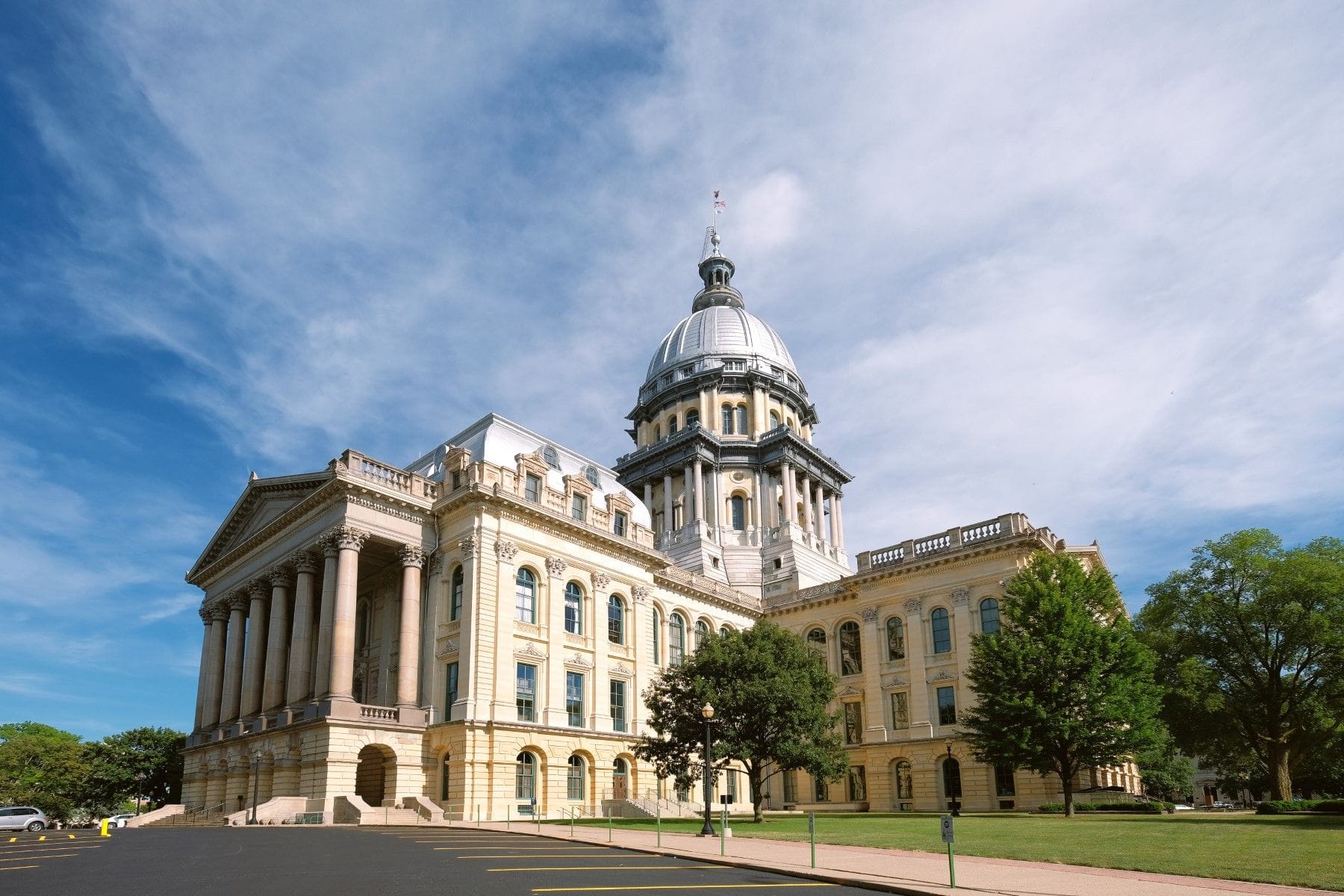Illinois Expert Witness Admissibility Rules
Illinois employs a structured framework for expert witness admissibility, focusing on relevance, reliability, and general acceptance to maintain judicial integrity.
Updated on
In this article
Overview of Expert Witness Admissibility in Illinois
In Illinois, the admissibility of expert testimony is governed by a combination of state rules and judicial precedents. Expert testimony is crucial in assisting the court to understand complex issues beyond the common knowledge of jurors or judges. The state employs a structured framework to ensure that only relevant, reliable, and scientifically valid expert evidence is presented in court. This framework is designed to uphold the integrity of the judicial process by preventing unreliable expert opinions from influencing verdicts.
Is Illinois a Daubert or Frye State?
Illinois adheres to the Frye standard, which emphasizes the general acceptance of scientific principles within the relevant expert community. This standard arises from the landmark decision in Frye v. United States, 293 F. 1013 (D.C. Cir. 1923), and requires that the scientific methodology behind the expert's testimony is widely accepted in its respective field. Unlike the Daubert standard, which is more flexible and used in federal courts, Illinois courts under Frye do not evaluate the reliability of the methodology independently but focus on its acceptance in the scientific community.
Understanding Illinois Rule of Evidence 702
Illinois Rule of Evidence 702 mirrors the principles established under the Frye standard but incorporates additional criteria for expert witness admissibility. According to Rule 702, expert testimony is admissible if:
- The testimony is based on scientific, technical, or specialized knowledge.
- The testimony will assist the trier of fact in understanding the evidence or determining a fact in issue.
- The witness is qualified as an expert by knowledge, skill, experience, training, or education.
Rule 702 ensures that the expert testimony not only meets the general acceptance criterion but also possesses the necessary qualifications to provide a credible opinion.
Factors Courts Consider When Admitting Expert Testimony in Illinois
Illinois courts evaluate several factors when determining the admissibility of expert testimony:
- General Acceptance: Whether the underlying scientific principle or methodology is generally accepted in the relevant field.
- Relevance: The testimony must be directly related to an issue in the case and assist the trier of fact.
- Expert Qualifications: The expert must demonstrate adequate knowledge, skills, and experience in the pertinent area.
- Methodology Reliability: While primarily focused on general acceptance, courts may also consider whether the methodology is reliable and has been tested or peer-reviewed.
These factors collectively ensure that the expert testimony provides credible, relevant insights without misleading the jury or judge.
Common Challenges to Expert Admissibility in Illinois
Challenges to expert admissibility in Illinois often arise from disputes over the following:
- Scientific Validity: Opponents may argue that the expert's methods lack general acceptance or are based on novel scientific techniques.
- Relevance and Helpfulness: The opposition may contend that the testimony does not aid the trier of fact or is overly speculative.
- Qualifications: Challenges to the expert’s credentials or experience in the specific area of testimony are common.
- Bias or Conflict of Interest: Allegations may surface regarding the expert's impartiality or financial interest in the case outcome.
These challenges require thorough pre-trial preparation to ensure the expert's testimony withstands scrutiny.
Practical Tips for Attorneys Practicing in Illinois
Attorneys navigating expert witness admissibility in Illinois should consider the following strategies:
- Thoroughly Vet Experts: Verify the expert's credentials, ensure their methodologies are widely accepted, and review any previous Daubert or Frye challenges faced.
- Pre-Trial Motions: Utilize motions in limine to address potential admissibility issues before trial, reducing the risk of unexpected challenges.
- Prepare for Cross-Examination: Anticipate potential attacks on the expert's credibility and prepare the expert to defend their methodology.
- Document General Acceptance: Gather evidence of the methodology's acceptance through scientific literature, peer-reviewed articles, or expert consensus statements.
By adhering to these practices, attorneys can enhance the likelihood of their expert's testimony being admitted and effectively influencing the case outcome.


